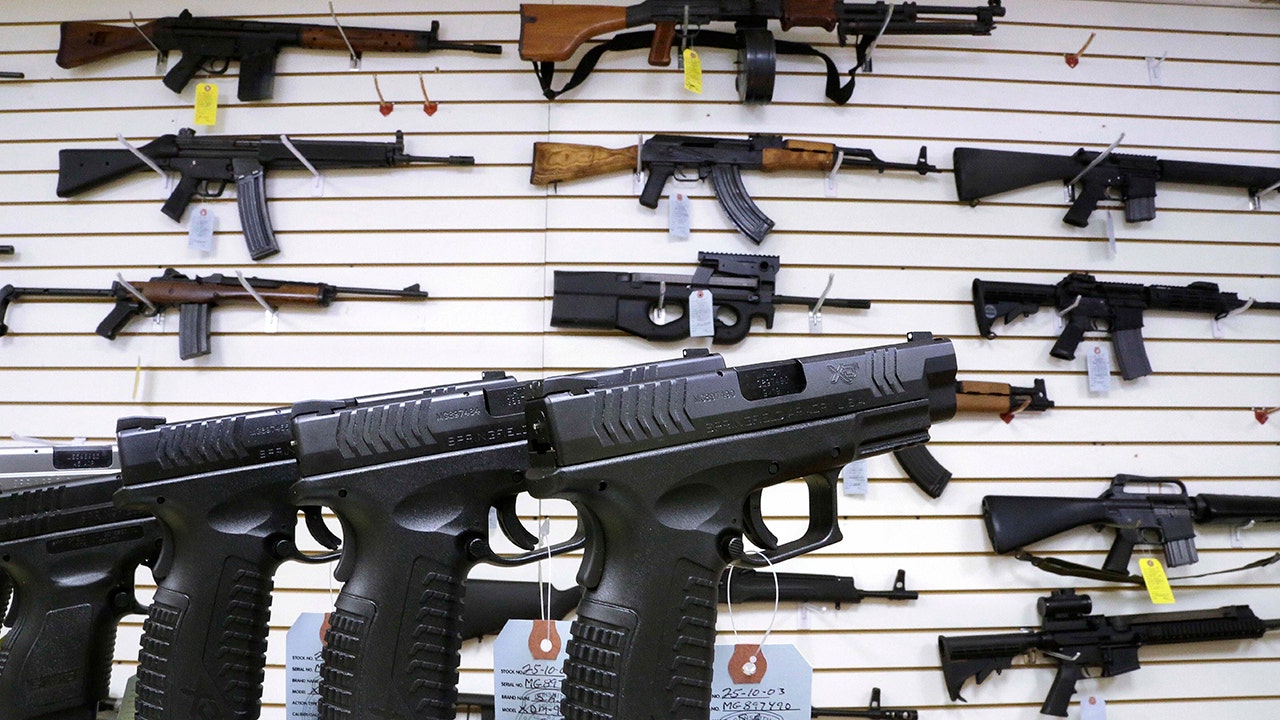US Judge Overturns Illinois’ Ban on Semiautomatic Weapons; Governor Vows Swift Appeal

In a significant decision, U.S. District Judge Stephen P. McGlynn overturned Illinois’ ban on semiautomatic weapons, citing recent U.S. Supreme Court rulings that uphold the Second Amendment right to keep and bear firearms. The ruling, which applies universally and not just to the plaintiffs who challenged the ban, marks a victory for gun rights advocates in the state.
The ban, known as the Protect Illinois Communities Act, was signed into law in January 2023 by Democratic Governor J.B. Pritzker in response to a tragic shooting incident at a parade in the Chicago suburb of Highland Park. The law prohibited the possession of AR-15 rifles, large-capacity magazines, and various attachments. However, Judge McGlynn’s decree declared the ban unconstitutional, giving a nod to the fundamental rights of citizens to own firearms.
The ruling will not take effect for 30 days, allowing time for potential appeals. Governor Pritzker and Democratic Attorney General Kwame Raoul have vowed to challenge the decision swiftly. Pritzker’s spokesperson, Alex Gough, emphasized the law’s role in protecting Illinois residents from gun violence, while also criticizing those who prioritize “weapons of war” over public safety.
On the other hand, the Illinois State Rifle Association welcomed the ruling, highlighting their efforts to raise concerns about the ban’s constitutionality to lawmakers. The association expressed dedication to advocating for the rights of law-abiding gun owners in Illinois.
Judge McGlynn, appointed by President Donald Trump, underscored the importance of upholding individual rights against the government’s overreach. His opinion warned against the erosion of fundamental rights at the hands of ruling authorities. The decision reflects a broader debate on gun control measures and the balance between public safety and constitutional rights.
As the legal battle continues, the ruling sets a precedent for future gun control laws in Illinois and potentially nationwide. The clash between state regulations and individual rights underscores the complexities of interpreting the Second Amendment in contemporary society. The outcome of this case will likely shape the ongoing dialogue on gun rights and regulations in the United States.




